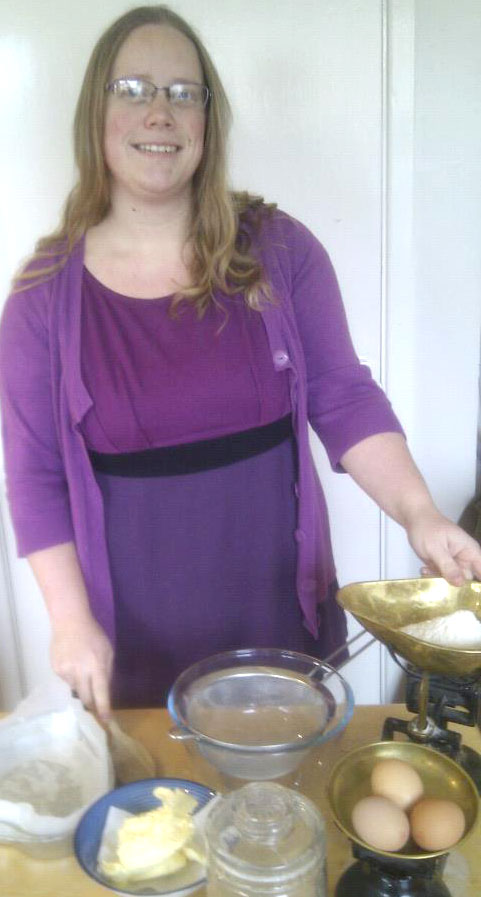Householders mistakenly believe a water company picks up the bill should a drain on their premises become blocked. So said 63% of adults in Newton Aycliffe targeted in a recent YouGov poll.
If the drain is blocked within the boundary of their house, it’s the homeowner who ends up footing the bill. Yet 27% of consumers admit to disposing of their waste cooking oil down the sink – an action recognised by 45% as the main cause of costly drain blockages.
The average household throws away a tea cup of waste cooking oil every month when this valuable resource could be recycled into clean electricity.
Encouragingly, 57% of people would be likely to take their waste cooking oil to their local household waste recycling centre (HWRC) if only they knew where it was.
Ian Collins, managing director of Living Fuels, operates 500 waste cooking oil collection tanks – the biggest national network – located at recycling centres throughout the UK.
“Around 80% of the UK population is within a 15-minute drive of a waste cooking oil recycling site,” says Ian, “among the best coverage in world.
The good news is some habits have changed since the last poll in 2011. For instance, more waste cooking oil is going into the food waste and black bins – neither ideal but better than pouring it down the drain.
“We will not rest until every British householder appreciates their old cooking oil is a precious resource, knows where to recycle it and adopts the ‘stop and think, not down the sink’ habit.
“Not only will they avoid costly drain blockage repairs but they’ll also be doing their bit to build a sustainable source of energy.
“The waste cooking oil we collect goes into combined heat and power (CHP) which, according to the Department for Energy & Climate Change (DECC), is the most carbon-efficient way to extract its energy. The process uses neither harmful chemicals nor intensive heat processes to produce this green electricity,” says Ian. Find your nearest waste cooking oil recycling facility at: www.livingfuels.co.uk









